November 23, 2021
Employees ready for hybrid work—employers, not so much
 Global Workplace Analytics and Owl Labs, have released the annual State of Remote Work 2021 report. More than 2,000 full-time employees across the United States were surveyed to gain insights into who is still working from home, who has returned to the office. Also pandemic-related job and residential moves and the motivations behind them, dependent care issues, the pros and cons of hybrid communications, employee desire for flexibility, intent to leave a current job, employee productivity, stress and its causes, pet adoption during the pandemic, how office spaces are changing, and much more. (more…)
Global Workplace Analytics and Owl Labs, have released the annual State of Remote Work 2021 report. More than 2,000 full-time employees across the United States were surveyed to gain insights into who is still working from home, who has returned to the office. Also pandemic-related job and residential moves and the motivations behind them, dependent care issues, the pros and cons of hybrid communications, employee desire for flexibility, intent to leave a current job, employee productivity, stress and its causes, pet adoption during the pandemic, how office spaces are changing, and much more. (more…)









 Programmes aimed at supporting employees’ health and wellbeing can also benefit their social relationships and reduce bullying, according to a new study by researchers from the
Programmes aimed at supporting employees’ health and wellbeing can also benefit their social relationships and reduce bullying, according to a new study by researchers from the 
 New research has highlighted concerns over the treatment of staff in the world of hybrid work. The
New research has highlighted concerns over the treatment of staff in the world of hybrid work. The 
 The
The 
 The so-called green agenda, sustainability and climate change have finally hit centre stage. Various announcements are being made by UK Government and numerous high profile figures are crying a call to action to implement carbon reduction plans now. Lord Mayor of the City of London, Alderman William Russell, stated at the
The so-called green agenda, sustainability and climate change have finally hit centre stage. Various announcements are being made by UK Government and numerous high profile figures are crying a call to action to implement carbon reduction plans now. Lord Mayor of the City of London, Alderman William Russell, stated at the 
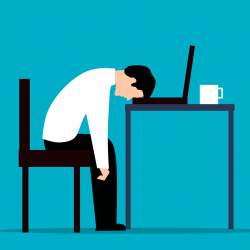 More than half of young professionals (those aged 16-34), feel burnt out right now, according to new research exploring experiences of burnout pre and post pandemic from people analytics company,
More than half of young professionals (those aged 16-34), feel burnt out right now, according to new research exploring experiences of burnout pre and post pandemic from people analytics company, 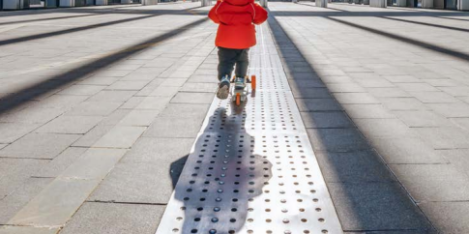
 A new research report released by
A new research report released by 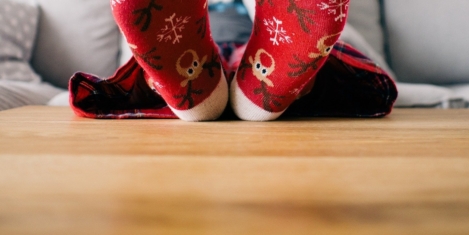
 Despite having to get up earlier, commute, and the heightened risk of Covid-19 transmission in the office, almost five million UK employees are considering ditching working from home this winter, due to concerns around rising energy costs.
Despite having to get up earlier, commute, and the heightened risk of Covid-19 transmission in the office, almost five million UK employees are considering ditching working from home this winter, due to concerns around rising energy costs. 
 New research from
New research from 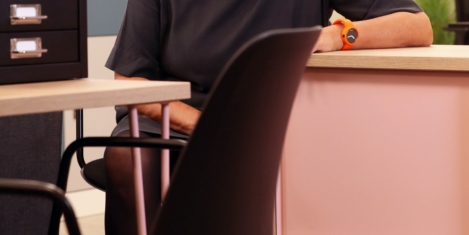
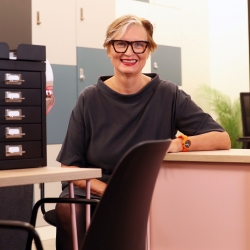

 The
The 








November 19, 2021
Workplace data proves that the devil is in the detail for the new era of work
by Steve Morren • Comment, Flexible working, Technology, Workplace design